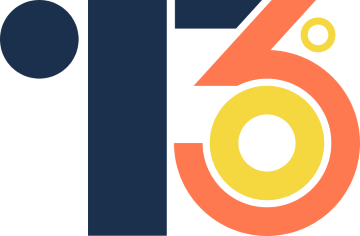Beyond Exams: How Teachers Can Nurture Life Skills in Students
In the fast-paced world we live in, where change is constant and challenges are unpredictable, the role of education cannot be limited to preparing students for exams. Academic assessments measure what students know today, but they rarely capture how well they can navigate life tomorrow.
As educators, we hold the privilege and responsibility of preparing students not just for tests, but for life itself.
Actual teaching goes beyond the curriculum. It is about cultivating critical thinking, resilience, empathy, collaboration, adaptability, and the confidence to face uncertainty. These are the life skills that transform students from passive learners into active contributors, innovators, and responsible citizens.
The exceptional teacher doesn’t just deliver content; they challenge students to question, explore, and reflect. Instead of encouraging memorization, they foster problem-solving by presenting real-world scenarios that spark curiosity and creativity. This shift in focus enables students to experience learning as an active process of discovery, rather than a race to the next exam.
Communication and collaboration are no longer optional skills to develop later in life. They are essential foundations of learning today. By facilitating group discussions, peer learning projects, and respectful debates, teachers create environments where students learn the value of dialogue, the importance of diverse perspectives, and the art of collaborating towards a shared purpose.
Reflection plays a crucial role in deep learning. Exceptional educators embed it into their everyday practice not as a formality, but as a deliberate pause that helps students internalize lessons, recognize personal growth, and connect academic knowledge to real-life application. Questions like “What challenged me today?” or “How will I apply this beyond school?” move learning from temporary retention to lasting insight.
Equally important is the way teachers model emotional intelligence. Empathy, patience, and self-awareness are not abstract concepts to be taught from a book they are lived values to be demonstrated in every interaction. When a teacher listens attentively, responds thoughtfully, or addresses emotions openly, they create a classroom culture where students learn to understand themselves and others.
Resilience, adaptability, and a growth mindset are the pillars of navigating an uncertain future. The exceptional teacher encourages students to embrace challenges, view failures as opportunities, and understand that progress is built on persistence and reflection. By celebrating effort and learning rather than perfection, teachers help students develop the courage to face adversity.
Practical life skills, from financial literacy to digital responsibility, from time management to interpersonal skills, are not “extras” in education. They are essential tools. Integrating them into the learning process empowers students to connect theory with practice, preparing them to make informed, thoughtful decisions in life.
Ultimately, exams assess what students have memorized; life tests what they can think, feel, and do.
The most powerful education isn’t about the knowledge delivered — it’s about the potential unlocked.
As teachers, we can choose the easy path, teach for exams.
Or we can choose the exceptional path, teach for life.
Because the future doesn’t wait for grades.
It demands purpose-driven, resilient, and compassionate changemakers.
Let’s move beyond exams. Let’s teach for life.
“Education is not the filling of a pail, but the lighting of a fire”
– William Butler Yeats
About the Author
Dr. Pariniti Singh is a research-driven education consultant and sustainability strategist with a growing footprint in academics, educational services, and applied research. Known for her clarity, precision, and collaborative mindset, she thrives in dynamic environments. Committed to continuous growth, Dr. Singh creates value through rigorous inquiry, data-driven insights, and meaningful knowledge dissemination—balancing academic integrity with real-world impact.


